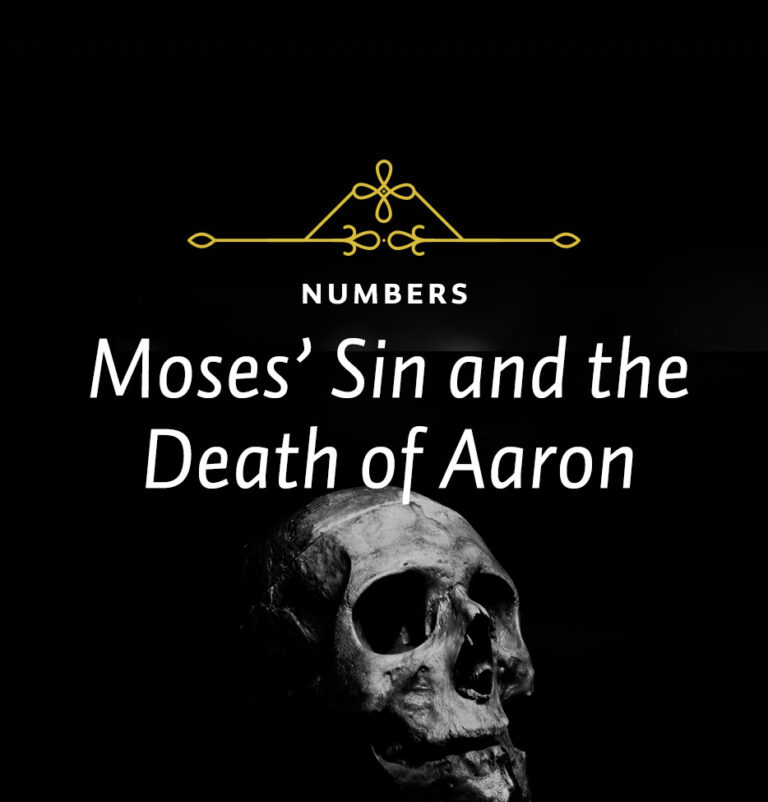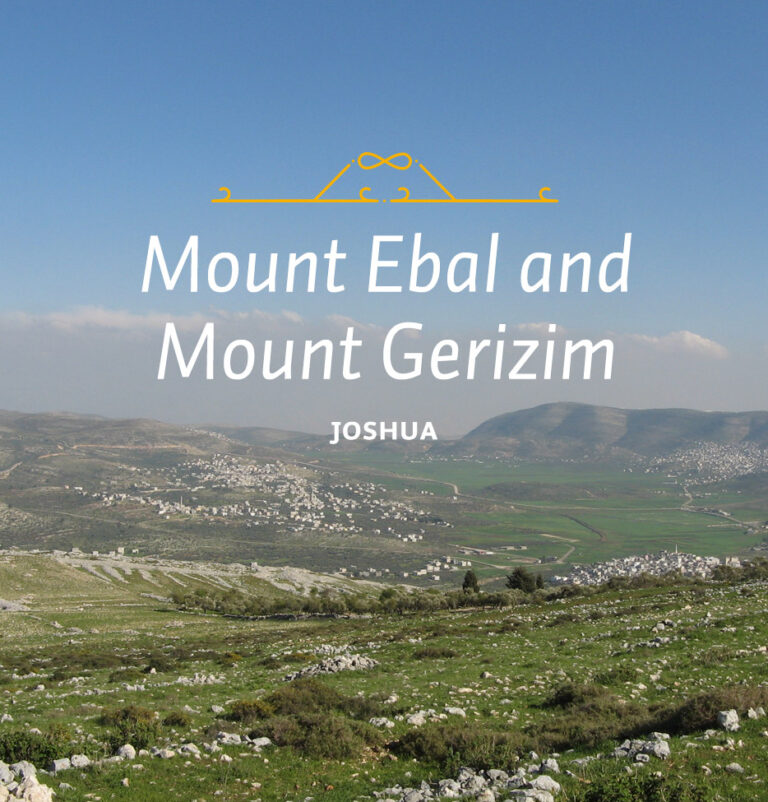
Monday: A Sad Chapter: Numbers 20:1-13
Numbers 20 is a sad chapter. We were introduced to Miriam back in the book of Exodus, at the time of the birth of Moses. We have seen several incidents in her life, and now at the beginning of the chapter, she dies. Then, at the end of the chapter, we have the death of Aaron. We have just seen God defending him in his priesthood. But because of the judgment pronounced on both Moses and Aaron, neither one will enter the promised land.





